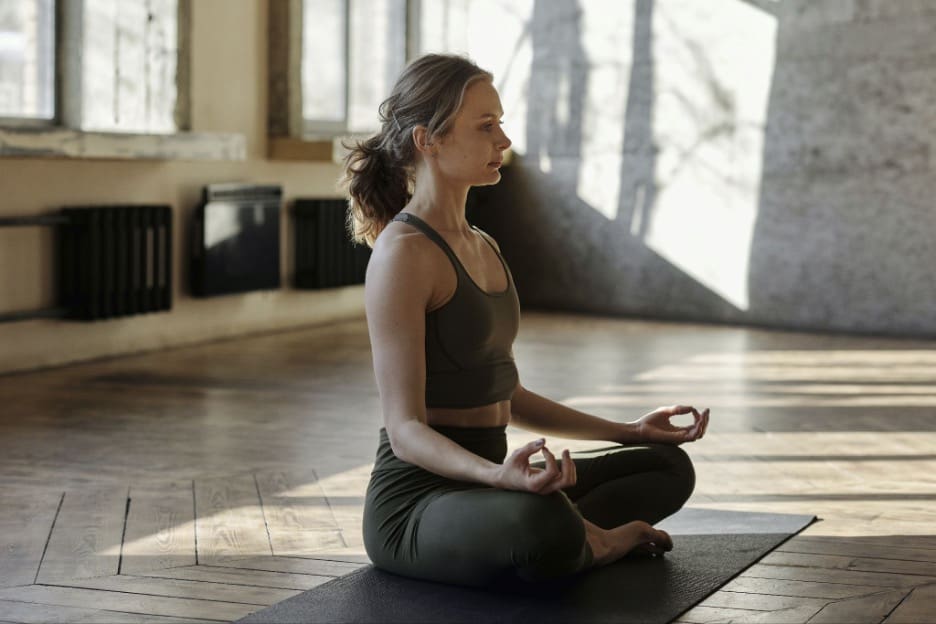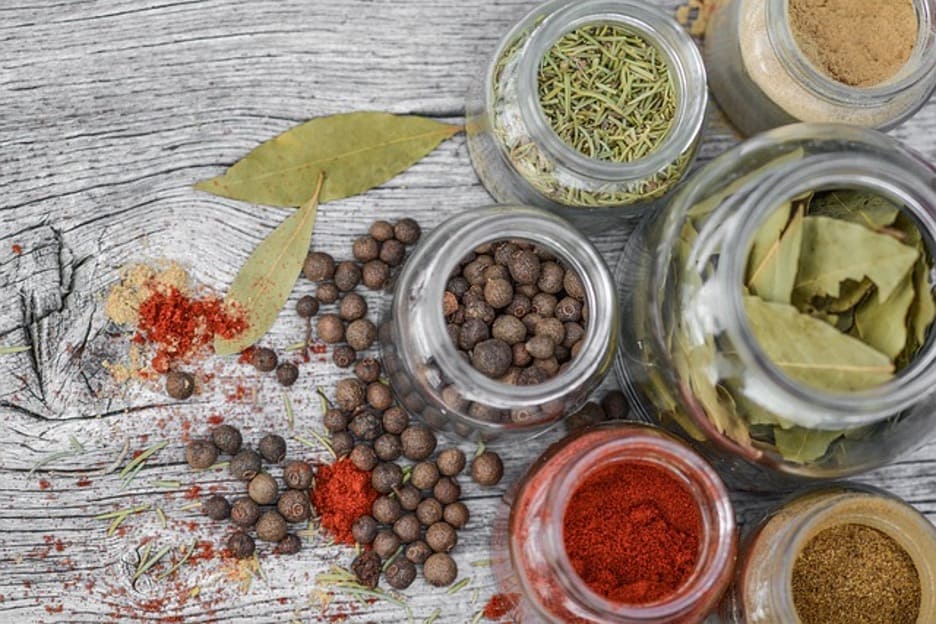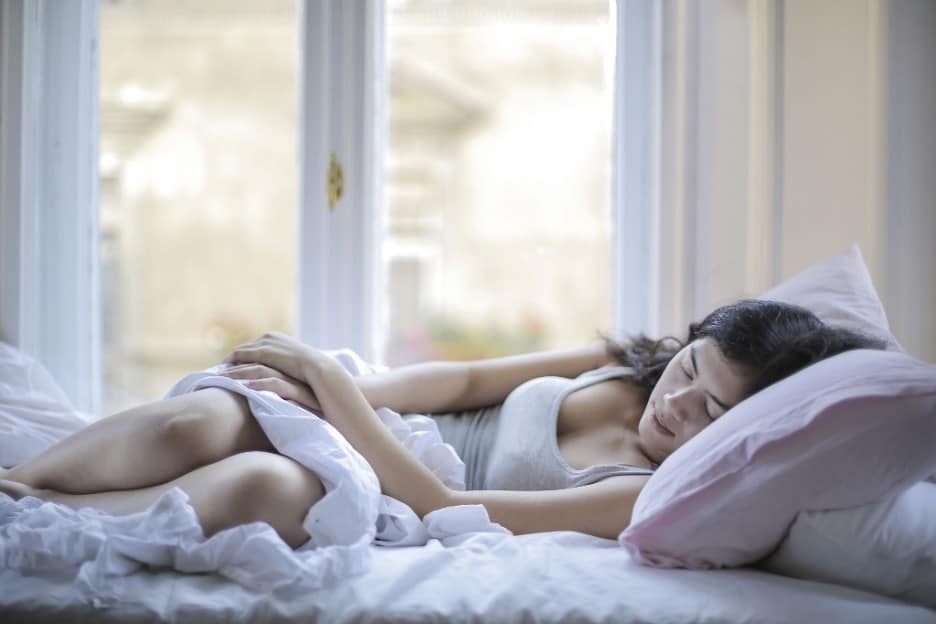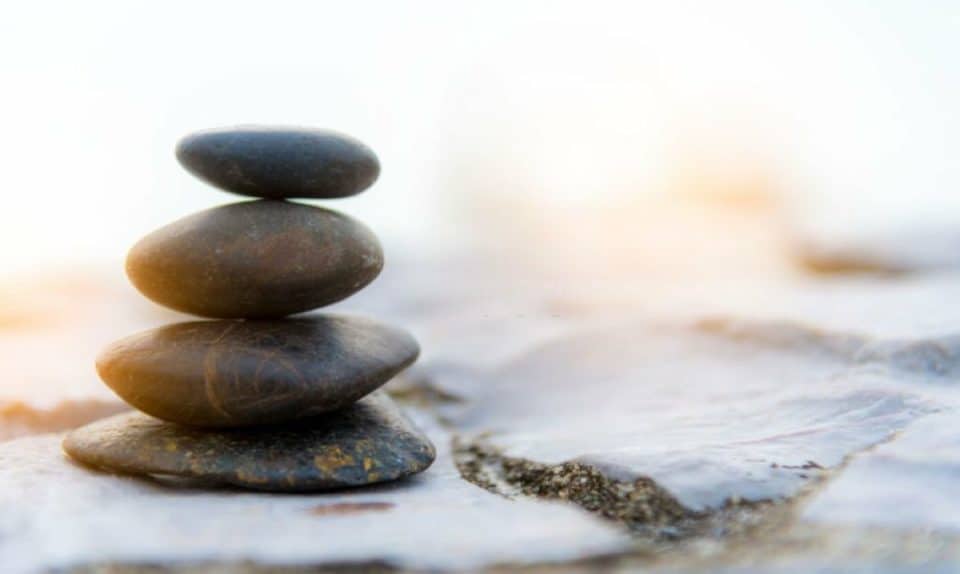by Anay Abreu, Ayurvedic Specialist
In today’s fast-paced world, getting a good night’s sleep has become a luxury for many. Stress, anxiety, and a hectic lifestyle can all affect our sleep quality, leaving us tired and drained the next day.
However, Ayurveda offers a natural and holistic approach to promoting better sleep. In this article, we will look into the world of Ayurveda and explore its tips and techniques to improve sleep quality, including bedtime rituals, aromatherapy, yoga poses, and herbs.
Whether you are struggling with sleep issues or simply want to improve your sleep quality, this article will provide a comprehensive guide to unlocking the secrets of Ayurveda for better sleep.
Ayurvedic Bedtime Rituals For A Better Night’s Sleep
Ayurvedic bedtime rituals have been practiced for centuries to promote restful sleep and good health. The ancient Ayurvedic texts emphasize the importance of a daily routine, including specific rituals to follow before bedtime to promote relaxation and rejuvenation.
Benefits of Ayurvedic Bedtime Rituals
Ayurvedic bedtime rituals help create a relaxing environment and promote a restful night’s sleep. They also help calm the mind, reduce stress and anxiety, and promote overall health and well-being.
These rituals help align our bodies with nature’s rhythms, leading to a more natural and peaceful sleep.
Disconnect from Technology
The first step in the Ayurvedic bedtime ritual is to disconnect from technology. Turn off all electronics such as mobile phones, televisions, computers, and tablets at least 30 minutes before bedtime.
Blue light emitted from these devices affects the body’s circadian rhythm and suppresses melatonin production, making it difficult to fall asleep.
Relaxing Bath
A relaxing bath before bedtime can be very beneficial in promoting sleep. Add a few drops of essential oils such as lavender, chamomile, or sandalwood to the bathwater to promote relaxation.
Soaking in warm water before bedtime helps in reducing muscle tension and promotes relaxation.
Abhyanga (Ayurvedic Self-Massage)
Abhyanga is a traditional Ayurvedic self-massage that involves massaging the body with warm oil. This practice promotes relaxation, nourishes the skin, and helps in detoxification.
Use warm sesame, coconut, or almond oil to massage your body in circular motions, starting from your feet and moving toward your head. Leave the oil on your skin for at least 10 minutes before a warm shower or bath.
Pranayama (Breathing Exercises)
Pranayama is a series of breathing exercises that help calm the mind, reduce stress, and promote relaxation. You can practice alternate nostril breathing, deep breathing, or any other breathing exercises that you find beneficial.

Meditation
Meditation is a powerful tool to promote relaxation, reduce stress, and promote restful sleep. Find a quiet and peaceful place in your home and sit comfortably. Focus on your breath and let go of any thoughts that come to your mind.
Sipping Herbal Tea
Sipping herbal tea before bedtime helps in promoting relaxation and reduce stress. Chamomile, lavender, or valerian root tea are some Ayurvedic teas promoting sleep.
Journaling
Journaling before bedtime can help declutter your mind and promote relaxation. Write down your thoughts, worries, or any other things that come to your mind. This practice helps release any tension or worries that may prevent you from falling asleep.
Grounding (Application of oil on energy point)
To ground yourself for better sleep, apply a small amount of Brahmi oil on the crown of the head, palms, and soles of the feet. Those are points on the body where energy dissipates; applying oil to those areas is beneficial.
Aromatherapy in Ayurveda for Better Sleep
Aromatherapy stimulates the olfactory system, which is responsible for our sense of smell. When we inhale essential oils, their molecules travel through the nasal passage and reach the limbic system in the brain.
The limbic system is responsible for our emotions, memory, and behavior; essential oils can affect it directly.
How to Use Essential Oils for Better Sleep
Diffusion
Diffusing essential oils in a diffuser is one of the most common ways to use them for better sleep. Add a few drops of your favorite essential oil to a diffuser and diffuse it in your bedroom before bedtime.
Topical Application
Applying essential oils topically can also help promote relaxation and better sleep. Mix a few drops of your favorite essential oil with a carrier oil such as coconut or almond oil and massage it on your feet or temples before bedtime.
Bath
Adding a few drops of essential oil to your bathwater can help promote relaxation and better sleep. Add a few drops of your favorite essential oil to warm bathwater and soak it for 15-20 minutes before bedtime.
Essential Oils for Better Sleep
Different essential oils have different properties and can promote relaxation, reduce stress, and improve sleep quality.
Lavender Essential Oil
Lavender essential oil is one of the most popular essential oils for promoting relaxation and better sleep. It has a calming effect on the mind and helps reduce stress and anxiety.
Chamomile Essential Oil
Chamomile essential oil is known for its calming and soothing properties. It helps in reducing stress and anxiety and promotes relaxation.
Sandalwood Essential Oil
Sandalwood essential oil has a grounding and calming effect on the mind. It helps in reducing stress and anxiety and promotes relaxation.
Vetiver Essential Oil
Vetiver essential oil calms the mind and helps reduce stress and anxiety. It is known for its grounding properties and aids in promoting relaxation.
Ylang-Ylang Essential Oil
Ylang-ylang essential oil has a calming and soothing effect on the mind. It helps in reducing stress and anxiety and promotes relaxation.
Ayurvedic Herbs For Better Sleep
Ayurveda offers a wide range of natural remedies, including herbs and spices. These herbs can help promote relaxation, reduce stress and anxiety, and improve sleep quality.
Ashwagandha
Ashwagandha is an adaptogenic herb that helps reduce stress and anxiety, leading to better sleep. It also helps in promoting relaxation and reducing inflammation in the body.
Brahmi
Brahmi is a herb that helps promote relaxation, reduce stress and anxiety, and improve sleep quality. It also helps in improving cognitive function and memory.
Jatamansi
Jatamansi is a herb that helps reduce stress and anxiety, promotes relaxation, and improves sleep quality. It also helps in improving cognitive function and memory.
Shankhapushpi
Shankhapushpi is a herb that helps reduce stress and anxiety, promote relaxation, and improve sleep quality. It also helps in improving cognitive function and memory.

Valerian
Valerian is a herb that helps in promoting relaxation, reducing stress and anxiety, and improving sleep quality. It also helps in reducing muscle tension and promoting calmness.
Chamomile
Chamomile is a herb that helps promote relaxation, reduce stress and anxiety, and improve sleep quality. It also helps in reducing inflammation in the body.
Lavender
Lavender is a herb that helps in promoting relaxation, reducing stress and anxiety, and improving sleep quality. It also helps in reducing inflammation in the body.
Ayurvedic Yoga Poses For Better Sleep: Gentle Stretches And Meditation Techniques
Ayurveda recommends yoga as an effective way to improve sleep quality. Yoga helps reduce stress, anxiety, and muscle tension, which can all interfere with a good night’s sleep.
Balasana (Child’s Pose)
Balasana is a gentle yoga pose that helps in promoting relaxation and reducing stress and anxiety. It also helps in stretching the back, hips, and thighs.
To perform Balasana, sit on your knees and lower your torso forward, bringing your arms back and resting them on each side of the body with palms up. Rest your forehead on the floor and breathe deeply.
Viparita Karani (Legs Up the Wall Pose)
Viparita Karani is a restorative yoga pose that helps reduce stress and anxiety, promoting relaxation and improving circulation. It also helps in reducing muscle tension and promoting calmness.
To perform Viparita Karani, lie on your back and place your legs up against a wall, keeping your buttocks close to the wall. Rest your arms by your sides and breathe deeply.
Supta Baddha Konasana (Reclining Bound Angle Pose)
Supta Baddha Konasana is a restorative yoga pose that helps promote relaxation and reduce stress and anxiety. It also helps in opening up the hips and improving circulation.
To perform Supta Baddha Konasana, lie on your back and bring the soles of your feet together, allowing your knees to fall out to the sides. Breathe deeply.
Pranayama (Breathing Techniques)
Pranayama is a set of breathing techniques that helps reduce stress and anxiety, promote relaxation, and improve sleep quality.
One such technique is Nadi Shodhana (Alternate Nostril Breathing), which involves inhaling through one nostril and exhaling through the other. This technique helps in balancing the nervous system and promoting relaxation.
Yoga Nidra (Yogic Sleep)
Yoga Nidra is a guided meditation technique that helps in promoting deep relaxation and reducing stress and anxiety. It involves lying down in a comfortable position and following a guided meditation script. This technique helps in calming the mind and promoting restful sleep.
Final Words
Ayurveda offers a wealth of natural and effective solutions to improve sleep quality and overcome insomnia.
From developing bedtime rituals to incorporating herbs and aromatherapy into your routine, there are plenty of ways to promote relaxation and improve sleep hygiene. By taking a holistic approach and addressing the root causes of sleep issues, Ayurveda can help you achieve a restful and rejuvenating night’s sleep.
We hope this guide has provided you with valuable insights and practical tips to unlock the secrets of Ayurveda for better sleep. With a little practice and patience, you can enjoy the benefits of a good night’s sleep and wake up refreshed and revitalized.



